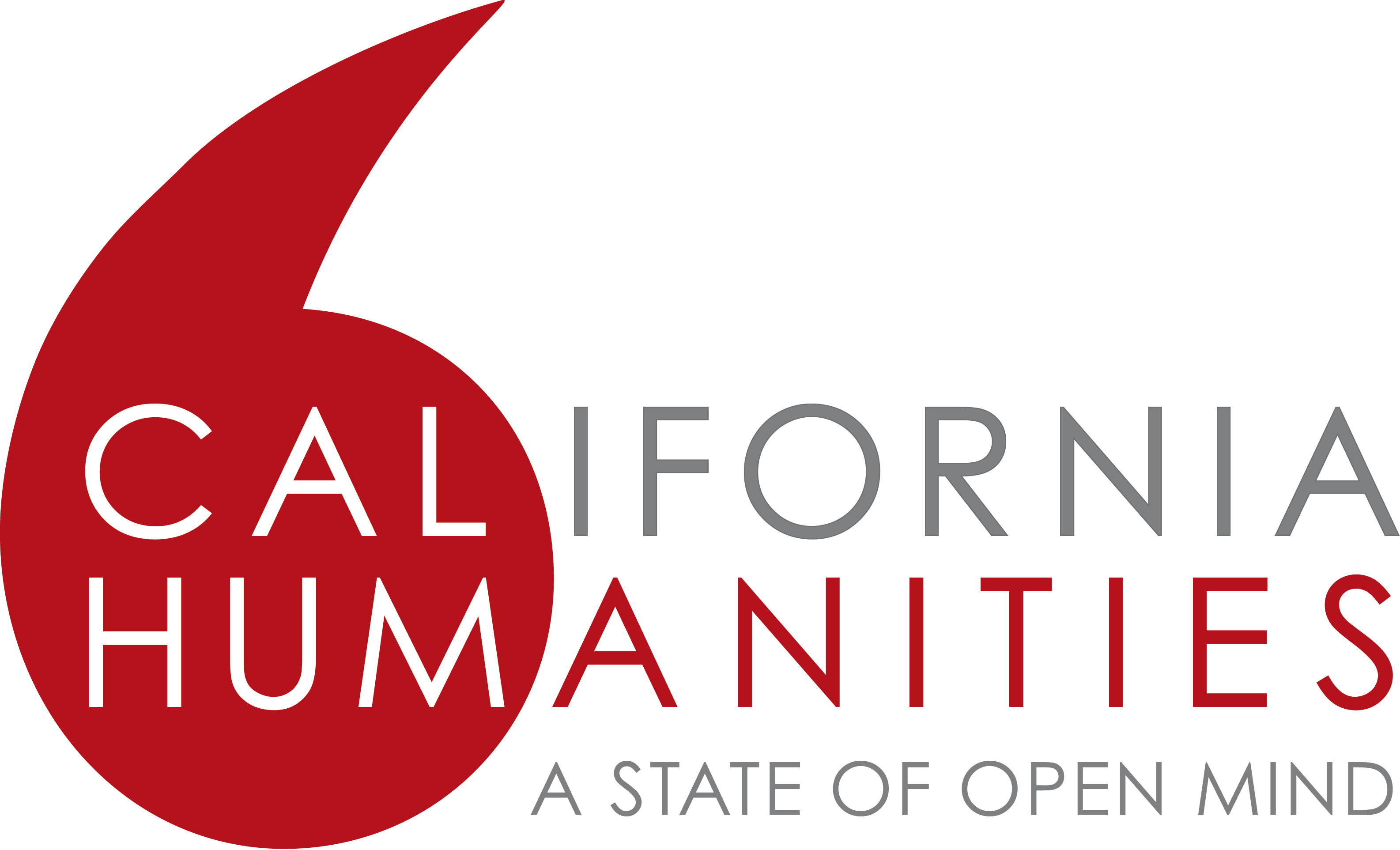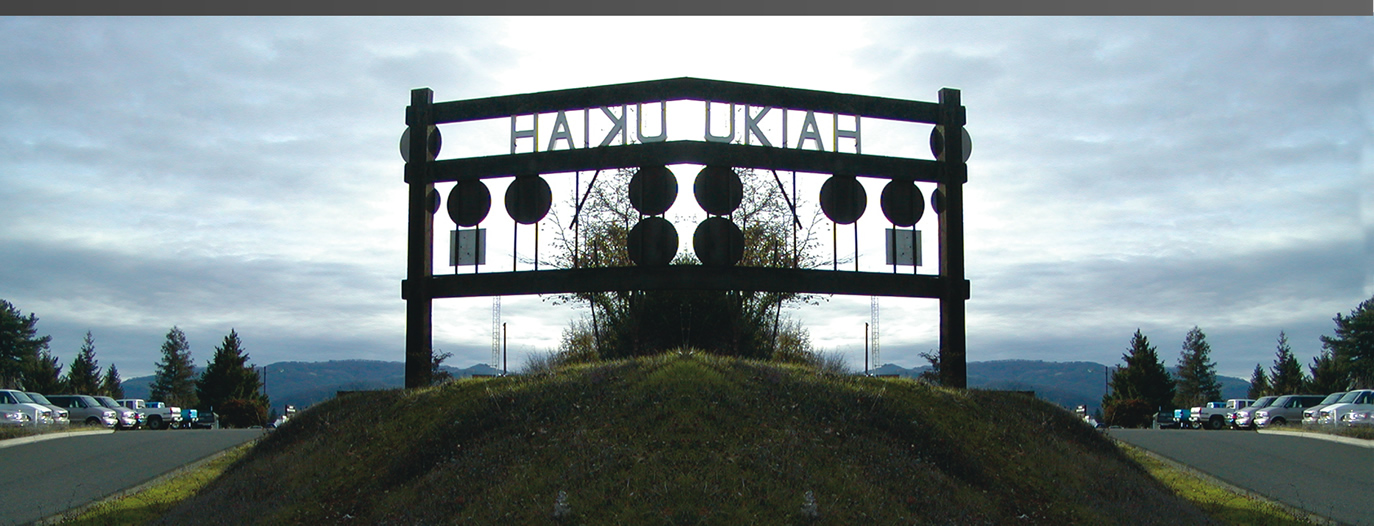|
A
celebration devoted to the haiku form of poetry
24th Annual ukiaHaiku Festival
Sunday, April 26th, 2026
Grace Hudson Museum Wild Gardens
from 2–4pm
Free and open to the public
For more information, please contact ukiahaiku2025@gmail.com
Read winning haiku of
past festivals:
2004, 2005, 2006, 2007, 2008, 2009, 2010, 2011, 2012, 2013, 2014, 2015, 2017, 2018, 2024
We are thankful to Michael Dylan Welch, passionate haiku advocate and author, for judging the Jane Reichhold International category since Reichhold's death in 2016.
The 2025 ukiaHaiku festival was made possible in part by a grant for youth outreach from California Humanities, a non-profit partner of the National Endowment for the Humanities, and was supported by North Coast Opportunities.
The ukiaHaiku Festival is also sponsored by the Mendocino County Library, the City of Ukiah, the Grace Hudson Museum, WAVE Books, Tsadik, the Arts Council of Mendocino County, and the Ukiah Poet Laureate Committee.

|

